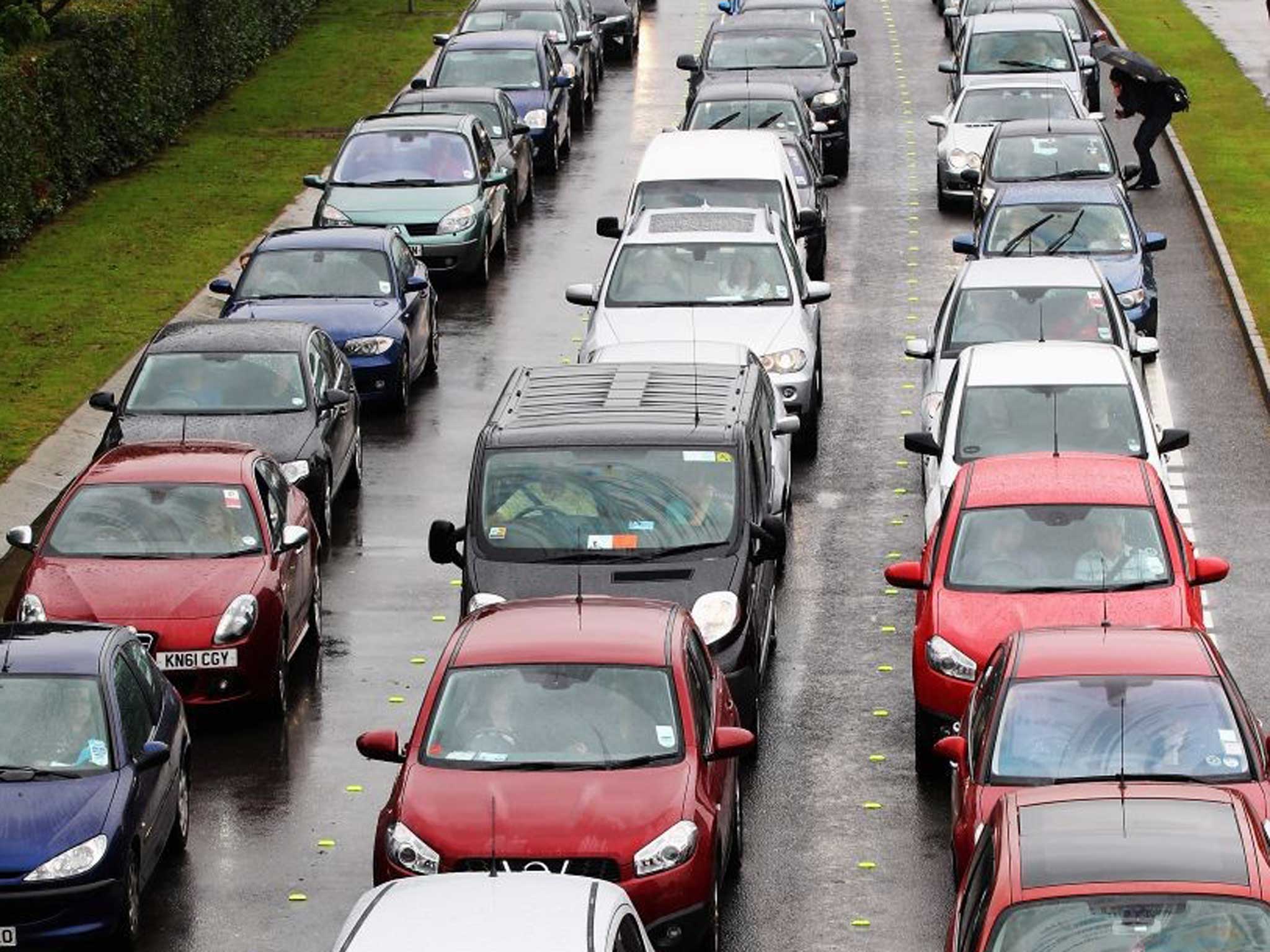Cars repossessed by lenders 'worse than Wonga'

Your support helps us to tell the story
From reproductive rights to climate change to Big Tech, The Independent is on the ground when the story is developing. Whether it's investigating the financials of Elon Musk's pro-Trump PAC or producing our latest documentary, 'The A Word', which shines a light on the American women fighting for reproductive rights, we know how important it is to parse out the facts from the messaging.
At such a critical moment in US history, we need reporters on the ground. Your donation allows us to keep sending journalists to speak to both sides of the story.
The Independent is trusted by Americans across the entire political spectrum. And unlike many other quality news outlets, we choose not to lock Americans out of our reporting and analysis with paywalls. We believe quality journalism should be available to everyone, paid for by those who can afford it.
Your support makes all the difference.Logbook loan companies that allow borrowers to secure a loan against a car are more worrying than payday lenders, according to the Financial Conduct Authority's consumer champion.
Sue Lewis said the lenders take "advantage of desperate people" who might "not understand the consequences" of their borrowing. While payday lenders such as Wonga conduct credit checks, customers taking out logbook loans simply hand over their car logbook as collateral instead.
Applications can be made online and cash transferred in less than 24 hours. If the borrower falls behind on repayments with interest rates of 400 per cent, their car is repossessed.
Unlike payday lenders who advertise on television, the loan companies advertise near pawnbrokers, in cheque cashing centres and in newspapers, according to Andrew Leakey, a lawyer and consumer litigation specialist.
He recalled one customer who secured loans against four vintage cars. After he defaulted on his repayments, a logbook loan company seized the cars and also took three others. Leakey said: "I wouldn't even go to them as a last resort."
Kerry McCarthy, Labour MP for Bristol East, said: "The deals are structured in such a way that they are designed to fail – it's about the lenders getting their hands on the cars, rather than getting interest on loans. Interest rates on these loans are so high that people inevitably default, and the agreements allow them to seize the cars after only one default."
Join our commenting forum
Join thought-provoking conversations, follow other Independent readers and see their replies
Comments